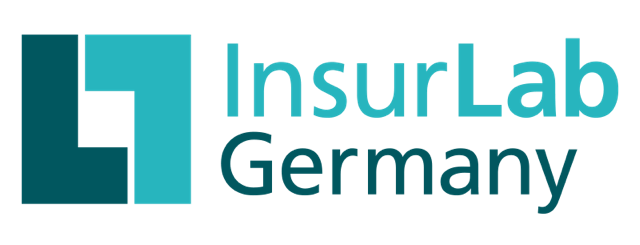The Cologne-based technology start-up Ubirch was founded in 2016 and is the specialist for blockchain-based technology in the field of IoT with locations in Cologne, Berlin, Munich and, since this year, Tel Aviv. The team consists of experienced experts in cryptography, blockchain and data-driven business models. Consisting of an extremely lightweight client for sensor firmware and the matching cloud backend, Ubirch's "Blockchain for Things" product enables military-grade data protection, offering new business models for the Internet of Things. Innovative cryptography and blockchain technologies guarantee the trustworthiness of IoT data. Ubirch primarily targets customers from the industry and production, insurance, smart cities, energy supply, food & beverage, medical devices, healthcare and pharmaceutical segments.
To enable a rapid reboot of the economy, the Cologne-based blockchain startup Ubirch has joined forces with well-known companies as part of a consortium to develop a privacy-friendly IT infrastructure that anchors the corona status and other relevant data of a tested person in a blockchain as a hash value, thus making it accessible to all stakeholders - healthcare system, patients, companies - for verification at any time and across applications. This makes it possible to issue people with a kind of digital health certificate, the use of which they can determine freely and self-determinedly at any time. This means that everyone can carry their own Corona test status around with them and show it at important points when it comes to meeting the increased requirements of infection protection, e.g. when visiting a retirement home or going on a business trip.
The Ubirch solution is used to always allow users to digitally verify their test results. This way, the data including the verification is in the hands of the users. Partners of Ubirch are among others the University Hospital Cologne, the Bundesdruckerei, Avenga, the laboratory Dr. Wisplinghoff and others. Further information about the Digital Corona Health Certificate is available at here.
According to the development of the Digital Corona Health Certificate was Stephan Noller, CEO of Ubirch, one of the fastest IT projects ever: "The lockdown due to the Corona pandemic was more or less overnight. It was important and right that we as a company did not fall into duck mode at any time. Working on a digital solution for Corona only made sense if it happened very quickly."
The fact that Germany in particular is so far ahead in a digital solution like the health certificate may surprise some people. Noller likes to talk about a breakthrough project for blockchain: "Germany is strong in blockchain technologies. The idea for the digital health certificate is made in Germany. However, the topic is not purely a health care issue, but affects every area. This shows us above all the increasing inquiries from abroad. Our technology is already very advanced. The Digital Health Certificate is now the big case for which Blockchain is the right technology."
In response to growing international demand, Ubirch ventured into the Israeli market just a few weeks ago. But not only are more and more countries discovering the need for absolutely secure data, so are more and more industries. The increasing availability of more and more sensor data also opens up promising opportunities for the insurance industry. No wonder that IoT is one of the mega trends for future parametric insurance and for improving the claims management process, especially in the environment of Industry 4.0.
Stephan Noller: "The decisive factor here is that all parties involved must be able to trust the underlying data one hundred percent. This is where Ubirch comes in with its cryptography and blockchain technology. It can secure IoT sensors and device data in such a way that insurance companies can fully rely on the data from the insured risks. Even when the insurer is not directly connected to the IT of the insured object and the sealed data arrives indirectly and via insecure channels in the IT of the insurer."
Eva Breuer

